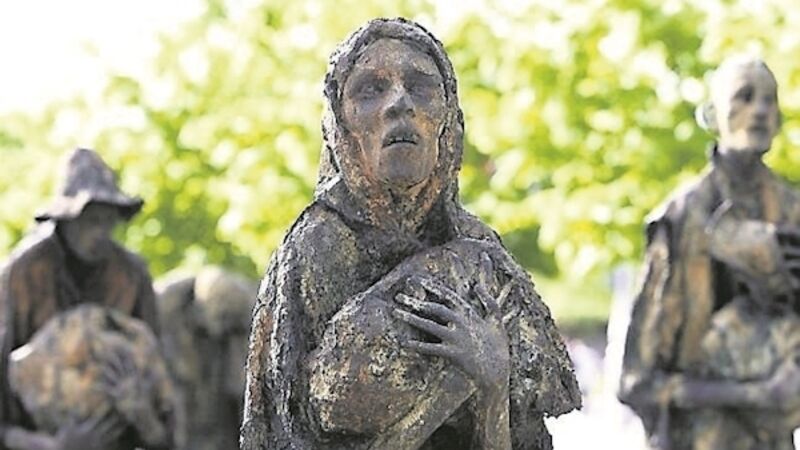‘Returning migrants badly treated’

Discrimination is a significant challenge that vulnerable Irish emigrants often experience when they return to Ireland, it has emerged. Some who returned in crisis found they were rudely or unfairly treated when trying to access the services they need, according to a new report from Crosscare Migrant Project called Coming Home in Crisis.
While support for returning emigrants has increased since the introduction of Ireland’s Diaspora Policy in 2016 “closer attention” must be paid to protecting returning vulnerable emigrants coming home, the report recommends













